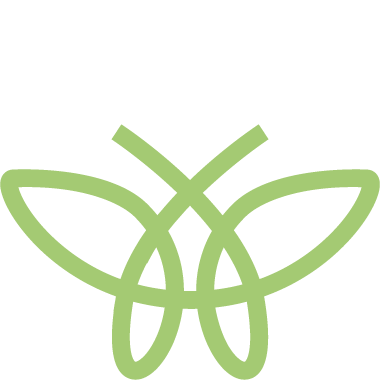-Chris Cox, STM, LPC, LAC, NCC, MAC, Fellow AAPC, Family Program Coordinator
Ah yes, the Holidays. The time of year that is supposed to be a one of joy, celebration, spending time with family and friends. When Sherry thinks of the Holiday seasons from her childhood, she gets a knot in the pit of her stomach, because most of what she recalls is her parents’ fighting about her mother’s drinking. Her mother drank all the time, but it always seemed to get worse during the Holidays. She can remember several Christmas mornings when her mother couldn’t get out of bed to be with the rest of the family, so Sherry, her siblings and father would “celebrate without Mom.” When her mother would show up, she remembered how the mood of the entire family seemed to darken. She recalls a mixture of anger and sadness. No one ever seemed to want to talk about what was happening. This led her to believe she needed to “keep the secret”, which made her feel even worse.
By the time she was a teenager the situation had worsened with her mother and between her parents. Sherry just wanted to go somewhere, to have someone with whom to share her struggles. After a particularly bad weekend at home, she finally took a risk and shared her story with a friend. Then something freeing happened, Sherry’s friend revealed that her father was an alcoholic, so she knew a great deal about Sherry’s experiences.
Her friend’s family dealt with the situation differently. At some point along the way her mother started attending Al-anon and encouraged her daughter to attend Ala-teen. It was there she found support to respond to her father’s illness in a healthy, constructive way. Eventually her father found his own recovery through Alcoholics Anonymous, partially because of the ways in which his daughter and wife stopped reacting to his disease and began responding to his disease through what they learned in Al-anon.
Sherry began attending Ala-teen meetings with her friend and found the support and encouragement she had been seeking for so many years. While her mother was never able to find recovery, Sherry did and has been a grateful member of Al-anon for over 25 years.
She and her husband now have two adult children, one of whom has developed the disease of Substance Use Disorder. The Holidays are coming, and she has a good idea what to expect from her son’s behavior. Because Sherry and her husband faithfully participate in their own recovery through Al-anon, her son’s illness won’t be permitted to be as disruptive to her family as it could be, and they will manage to find peace and serenity this season.
For those who have someone in their lives suffering with Substance Use Disorder, this time of year can be very challenging. It can be filled the dread, fear and embarrassment surrounding what the alcoholic or addict may do. Thoughts of “I wonder how many things will go wrong this time” are very common.
Approximately 10-12% of the population in the United States have Substance Use Disorder (SUD). Those who have the disease directly affect the lives of at least three to four other people. Imagine walking into a room of 100 people; approximately 50 of those in the room have their lives in some way impacted by SUD, either because they have the disease themselves or they are close to someone who does.
We call SUD a family disease because it has a reach far beyond those who suffer from it directly. If someone close to you has SUD, you are probably aware of the stress in your life. Perhaps you resonated with the woman described above. Unfortunately, people in such a situation are not often fully aware of how strongly they are being affected. Over time they can become physically ill, often experiencing significant anxiety and or depression due to the constant pressure of living in those circumstances.
It is extremely important for those close to an addict or alcoholic to seek help not just for their loved one, but themselves as well. Pavillon’s Family Program offers education and support to the loved ones of addicts and alcoholics. We provide information regarding several topics including SUD, codependence, boundaries and family communication. One of our goals is to help family members and significant others become aware of the considerable effects the disease has on their lives and encourage them to seek support and receive care for themselves. We also provide an environment in which they learn they are not alone in their struggles, there are many families in which SUD is present.
If you are close to someone who has SUD, try to embrace the “three C’s.” You didn’t Cause the disease, you can’t Control the disease, and you can’t Cure the disease. If you can embrace these facts and live them, you will be able to begin stepping away from behaviors and circumstances that have been harmful to you. You will then be free to find a place of serenity.
Allow yourself to admit how much you’ve been affected, then seek help through Al-anon, Nar-anon, a therapist, spiritual resources, supportive friends. One of the most powerful things you can do for yourself is to allow others who have a similar experience walk with you to a place of healing and hope.
